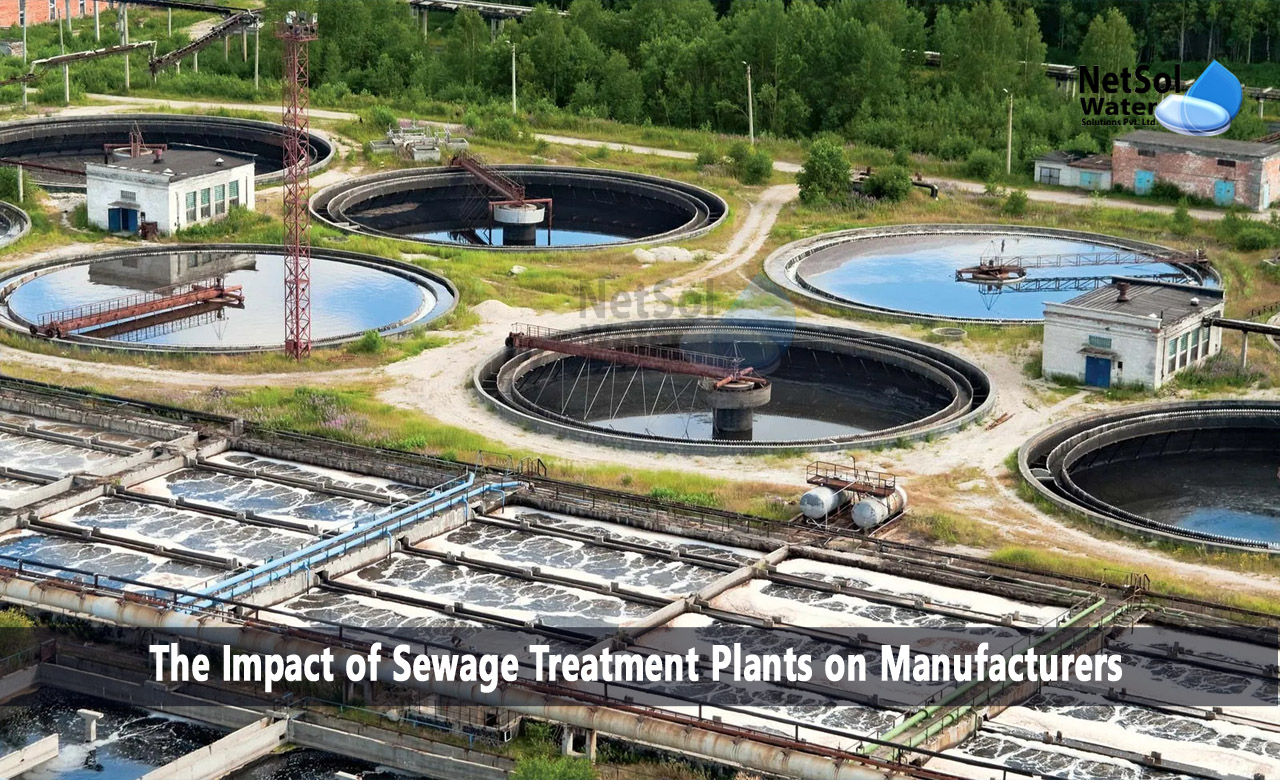What is the Impact of Sewage Treatment Plants on Manufacturers?
In today's world, resource efficiency has become a crucial aspect of sustainable manufacturing. Manufacturers are continually seeking innovative solutions to minimize waste, reduce their environmental footprint, and optimize resource utilization. One such solution that is gaining traction is the integration of sewage treatment plants into manufacturing processes. These plants, traditionally associated with wastewater management, are now proving to be instrumental in helping manufacturers maximize resource efficiency.
In this blog post, we will explore the profound impact that sewage treatment plants can have on manufacturers and their quest for sustainability.
Water Conservation:
Water scarcity is a pressing global issue, and manufacturers are among the biggest consumers of water. Sewage treatment plants offer manufacturers a sustainable alternative by providing access to treated wastewater for non-potable purposes. By utilizing this recycled water for tasks such as cooling systems, cleaning, and irrigation, manufacturers can significantly reduce their reliance on freshwater sources. This conservation of water resources not only helps address water scarcity concerns but also supports long-term sustainability by ensuring a more efficient use of this precious resource.
Waste Minimization:
Sewage treatment plants contribute to waste minimization through the recovery of valuable resources from wastewater. By employing advanced treatment processes, these plants can extract nutrients, organic matter, and energy from sewage. The organic matter can be transformed into biogas through anaerobic digestion, providing manufacturers with a renewable energy source to power their operations. Moreover, the nutrients recovered from wastewater can be repurposed as fertilizers for agricultural use or as inputs in various industrial processes. By adopting this circular approach, manufacturers reduce waste generation and minimize their environmental impact, while simultaneously unlocking economic value from what was once considered waste.
Energy Efficiency:
Sewage treatment plants themselves are becoming increasingly energy-efficient, employing innovative technologies to optimize energy consumption. Manufacturers can tap into this energy efficiency by partnering with these plants. For example, manufacturers can explore the possibility of utilizing excess heat generated during the treatment process for their own heating needs. By leveraging the energy-efficient practices of sewage treatment plants, manufacturers can reduce their reliance on external energy sources, lower their carbon footprint, and improve their overall energy efficiency.
Cost Savings:
Sewage treatment plants offer manufacturers an opportunity to achieve cost savings in multiple ways. Firstly, by utilizing treated wastewater, manufacturers can significantly reduce their water procurement costs. Freshwater is often expensive, and the costs associated with water treatment and disposal can also add up. By tapping into the resource provided by sewage treatment plants, manufacturers can cut down on these expenses, thereby enhancing their financial sustainability. Additionally, by recovering resources such as energy and nutrients from wastewater, manufacturers can reduce their reliance on costly inputs and potentially generate additional revenue streams.
Environmental Compliance and Reputation:
Manufacturers face increasing pressure to comply with environmental regulations and demonstrate their commitment to sustainable practices. By partnering with sewage treatment plants, manufacturers can ensure compliance with stringent environmental standards for wastewater treatment and disposal. This proactive approach not only helps them avoid potential penalties and legal issues but also enhances their reputation as environmentally responsible businesses. Consumers and stakeholders are increasingly valuing companies that prioritize sustainability, and aligning with sewage treatment plants can boost a manufacturer's brand image and competitive advantage.
Conclusion:
The integration of sewage treatment plants into manufacturing processes represents a paradigm shift towards resource efficiency and sustainability. These plants enable manufacturers to conserve water, minimize waste, optimize energy usage, achieve cost savings, and comply with environmental regulations. By embracing the opportunities offered by sewage treatment plants, manufacturers can enhance their environmental performance, strengthen their financial resilience, and position themselves as leaders in sustainable manufacturing.
As the world continues to grapple with resource scarcity and environmental challenges, maximizing resource efficiency has become a necessity. Sewage treatment plants provide manufacturers with a powerful tool to achieve this goal. By harnessing the potential of these plants, manufacturers can unlock a more sustainable and prosperous future while making a positive impact on the environment. Let us seize this opportunity to maximize resource efficiency, drive sustainable manufacturing practices, and create a better world for generations to come.
Netsol Water is Greater Noida-based leading water & wastewater treatment plant manufacturer. We are industry's most demanding company based on client review and work quality. We are known as best commercial RO plant manufacturers, industrial RO plant manufacturer, sewage treatment plant manufacturer, Water Softener Plant Manufacturers and effluent treatment plant manufacturers. Apart from this 24x7 customer support is our USP. Call on +91-9650608473, or write us at enquiry@netsolwater.com for any support, inquiry or product-purchase related query.



